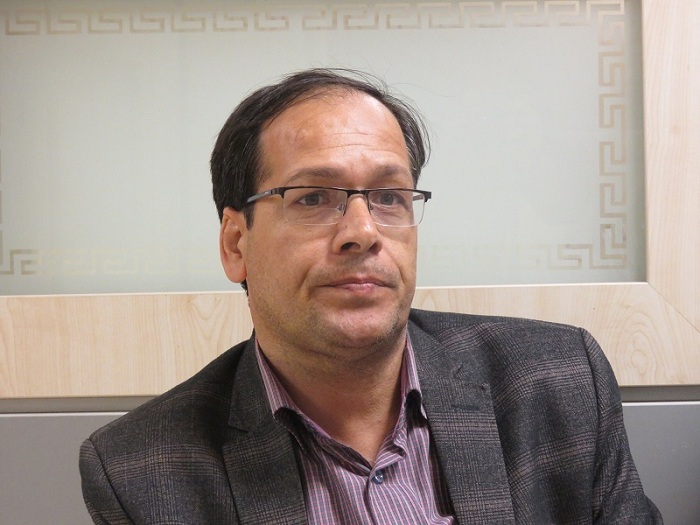The downturn in the stone market is the most important challenge for the Mahallat city industry

Head of Mines and Commerce Department of Mahallat City: Multiple sanctions have prevented new product lines and new technology in the field of stone from coming from industry-leading countries, leading to our production cycle lagging behind other Troutartan countries such as Turkey and Italy. And so we lost our international customers.
According to Iran Stone International Exhibition, Reza Maleki, head of Mahalat city's mining and trade department, said: "There are two hundred and ninety-nine industrial production units in Mahalat city. They are active in driving the wheel of the industry.
He mentioned the amount of exports of neighborhoods in different areas of the country and amounted to 144 million three hundred and sixty three thousand dollars and added: In 2015 the export of decorative stone and facade with an area of 18 thousand square meters and worth one million two hundred and two. Sixty-two thousand five hundred dollars.
The civil export of flowers and ornamental plants cut by one hundred and thirty-five thousand flowers and said seven million five hundred thousand types of apartment and garden pots and green space worth twelve million and five hundred thousand dollars and added: In the discussion of the export of ornamental fish to The county has won the first place in the county with a value of six hundred and one million dollars.
He said the employment rate of the city is 4 thousand and eight hundred people in the industry and mining sector and said: in the industrial sector three thousand and six hundred people and in the mining sector are working in the city units.
Referring to the allocation of sixteen billion toman subsidies to small and medium-sized industries, Maleki added: "About thirty industrial units have registered at the Bainyab site to receive production boom facilities and so far four units have been introduced to operating banks totaling two billion tomans.
He said the biggest challenge in Mahalat's industry and mining sector was the downturn in the stone market, adding that due to the slow growth rate of construction in the country, many construction projects were stalled and the housing market downturn has led to the downturn. And it has made many of the city's stone factories capable of forty percent work.
"Fortunately, given the government's one-to-one support policies, we are fortunate to have one-on-one government support policies," said Mahalat, director of the Mahalat Mining and Commerce Department, noting that a percentage of stone mills were shut down due to market downturns and the lack of liquidity and high costs of building stone production last year. They have begun to enter the market.
He said another stagnant factor was the impact of the many years of sanctions on the stone industry, stating that numerous sanctions prevented the entry of new production lines and new technology in the field of stone from the industrialized countries into the country, which led to our production cycle lagging behind. Other countries producing tartarite stone, such as Turkey and Italy, lost our international customers.
He said: "Now in the postwar period there is hope with the presence of various foreign delegations and parts manufacturing companies, this trend is shifting back to global markets and even the opening of an all-mechanized stone factory with an Italian production line in the not too distant future in Mahallat. Let us witness and prosper by adopting government policies and hoping to improve the current state of business and business.
* ISNA










